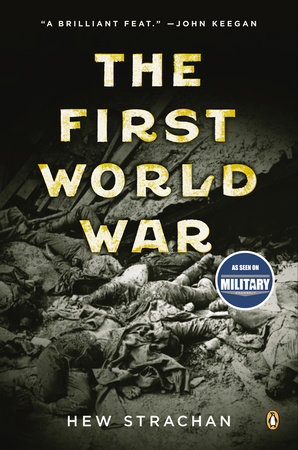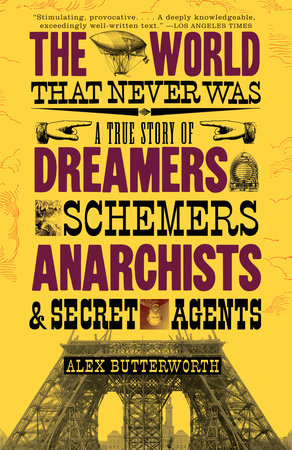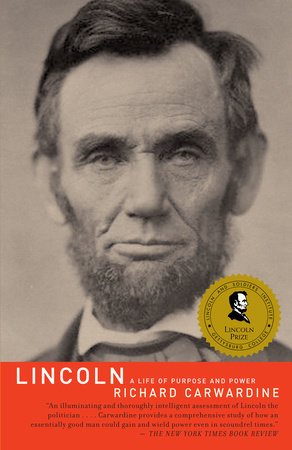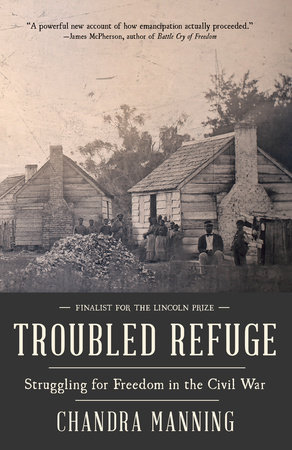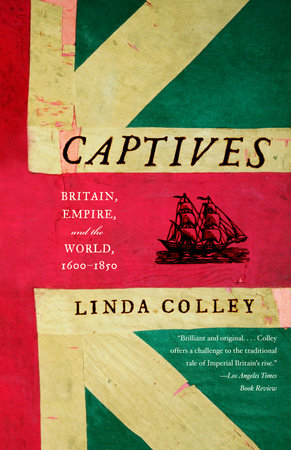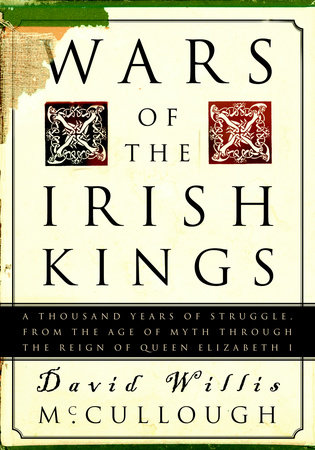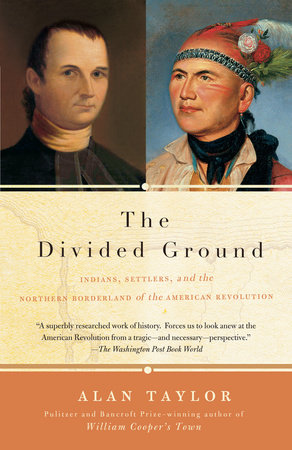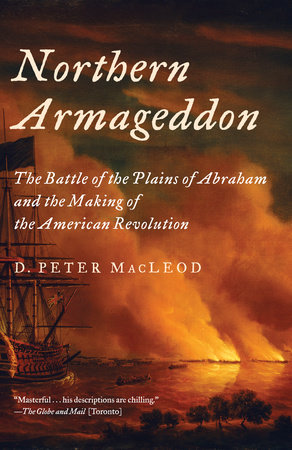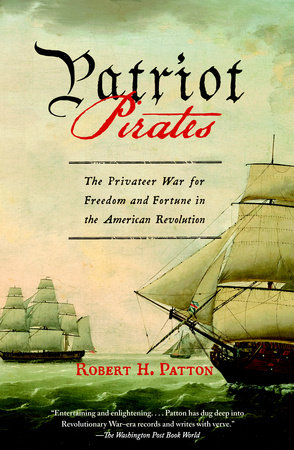A conversation with Nick Bunker, author of
AN EMPIRE ON THE EDGE
How Britain Came to Fight America
Q: For Americans, the Revolutionary War is an epic narrative of heroism, to which we return again and again. In AN EMPIRE ON THE EDGE, you’ve written a new account of the war’s origins—but you describe the story as “a tragedy of errors.” What do you mean by that?
A: As I worked on the book, I always had in mind the words of the Roman poet Virgil, writing after the civil wars of his own era. Sunt lacrimae rerum, Virgil said, “there are tears in things.” Because the records that survive are incomplete, we’ll never know precisely how many British soldiers and sailors lost their lives trying to subdue the rebel colonies. But on the British side, the death toll came to at least 20,000: a very high number. Even in 1778, after Saratoga, the British army had fewer than 55,000 troops deployed in the West Indies and America, and so the casualty rate was truly dreadful. That’s why I call the war a tragedy, and that’s why my book has an elegiac tone. The question a historian has to answer is this: how and why did Great Britain embark on a conflict so lamentable? In AN EMPIRE ON THE EDGE, I’m trying to get inside the heads of the politicians in London. I want to understand why they started a war that killed so many young men for nothing.
Q: You say that the British started the war, and yet the Boston Tea Party lies at the heart of your book. Wasn’t the destruction of the tea in Boston Harbor an act of provocation—some would say a form of terrorism—to which the British had to respond in defence of law and order?
A: I see the Boston Tea Party as a historical accident that had been waiting to happen for many years. The British had created a loose, ramshackle empire whose only purpose was to make a profit for the mother country. Because it was based upon speculation in commodities—tea, sugar and tobacco—and because it was financed by debt, this commercial empire was inherently fragile. Worse still, the British had forgotten a lesson their own history should have taught them: that the exercise of hegemony over a subject people requires tact, sensitivity and the utmost respect for local laws and customs. Britain’s ruling elite simply never took the trouble to understand their American cousins. They never reached out with sympathy to people such as George Washington and John Hancock who should have been their friends.
Q: Two British statesmen occupy center stage in your book: the premier, Lord North, and his kinsman Lord Dartmouth, the minister responsible for the colonies. How did you approach them?
A: I immersed myself in their letters and papers—not only those that directly concern America, but also their family correspondence—and I visited what remains of their country estates. In Lord North and Lord Dartmouth, I found two men who, in their private lives, displayed many admirable qualities. They were loving husbands, they gave freely to charity—especially Lord Dartmouth—and they were sincerely Christian. Indeed, I came to feel affectionate towards them both, but only up to a point. Public life requires other virtues, of forethought and analysis, that they did not possess. Addicted to social hierarchy and to protocol, they could not think outside their little box of privilege. They could not appreciate the values of farmers in New England and Virginia. And so, in January 1775, they issued the orders that sent the redcoats up the road to Lexington.
Q: How does AN EMPIRE ON THE EDGE shed new light on the Tea Party’s origins?
A: There’s a riddle we have to solve: exactly why, in 1773, did Lord North decide to ship the East India Company’s tea to America in such huge quantities? Since the tea carried a tax that Americans bitterly resented, he ought to have known what a fuss it would cause. I made it my business to investigate all the relevant archives. I examined those of the East India Company, the Bank of England and the British government, and also the newspapers and the letters of Thomas Hutchinson, the Governor of Massachusetts. What did I find? When all the facts are in, what emerges is a tale not of tyranny but of incompetence. Lord North saw the shipping of the tea as a cunning ploy to make the Americans see sense and pay at least one of the taxes they owed to the empire. That was a very big mistake.
Q: You call the American Revolution “a lawyer’s war.” Why do you say that?
A: In the 21st century, the closest bond of friendship between Great Britain and the United States ought not to be a military alliance, but instead a shared commitment to civil liberties and the rule of law. However, we should never forget that the phrase “the rule of law” means different things to different people. Even now we disagree about its definition, but in the 1770s the gulf of misunderstanding was almost bottomless. At every step on the road to war, the British government took legal counsel; and each time the lawyers told them that Americans had committed high treason, for which they had to be punished. Technically, the British lawyers were correct, but I suppose the moral of the story is this: don’t blindly follow your attorney’s advice. The other side has lawyers too. Their arguments also need to be heard.
Q: You’re about as British as an author can be, born and raised in and around London, a former journalist for the Financial Times, and you live next to a medieval cathedral. But you choose to write about American history—first the Mayflower Pilgrims, and now the Boston Tea Party and the origins of the Revolutionary War. What attracts you to Americana?
A: It all began with National Geographic! Our dentist’s waiting room was piled high with back numbers, and that was how—at the age of six—I learned about Lincoln and the Civil War. In one issue, I found an advertisement from a company called Sinclair Oil offering a free map of the battlefields. So my mother and I wrote to Sinclair’s home office in California, and a month or two later the map arrived. Stonewall Jackson became my boyhood hero: I was too young to understand the wickedness of slavery. And then, in the 1970s, when Vietnam and Watergate filled our television screens, I began to study American history seriously. I was taught at my grammar school by a brilliant man, Denis Winter, who wrote superb narratives of the trench warfare of World War I. “Forget the Tudors,” Mr Winter told me. “If you want a real challenge, try to puzzle out American politics —there’s no subject more complex or more demanding.” He lent me books by two great American historians, Samuel Eliot Morison and Richard Hofstadter, both of whom I still regard with reverence. From that moment, I was hooked.
FOR BOOKING INFORMATION:
David Archer / darcher@penguinrandomhouse.com / (212) 572-2331






